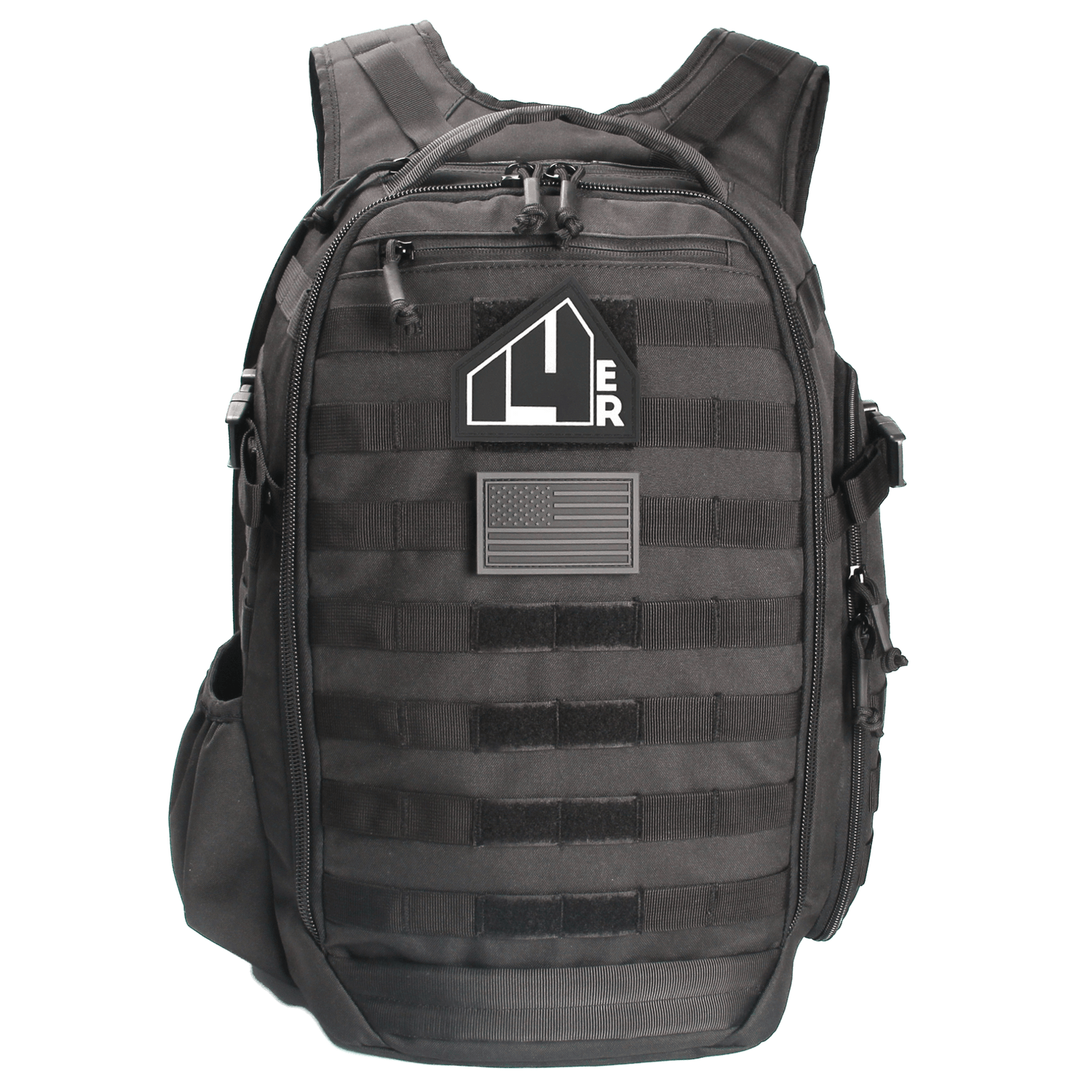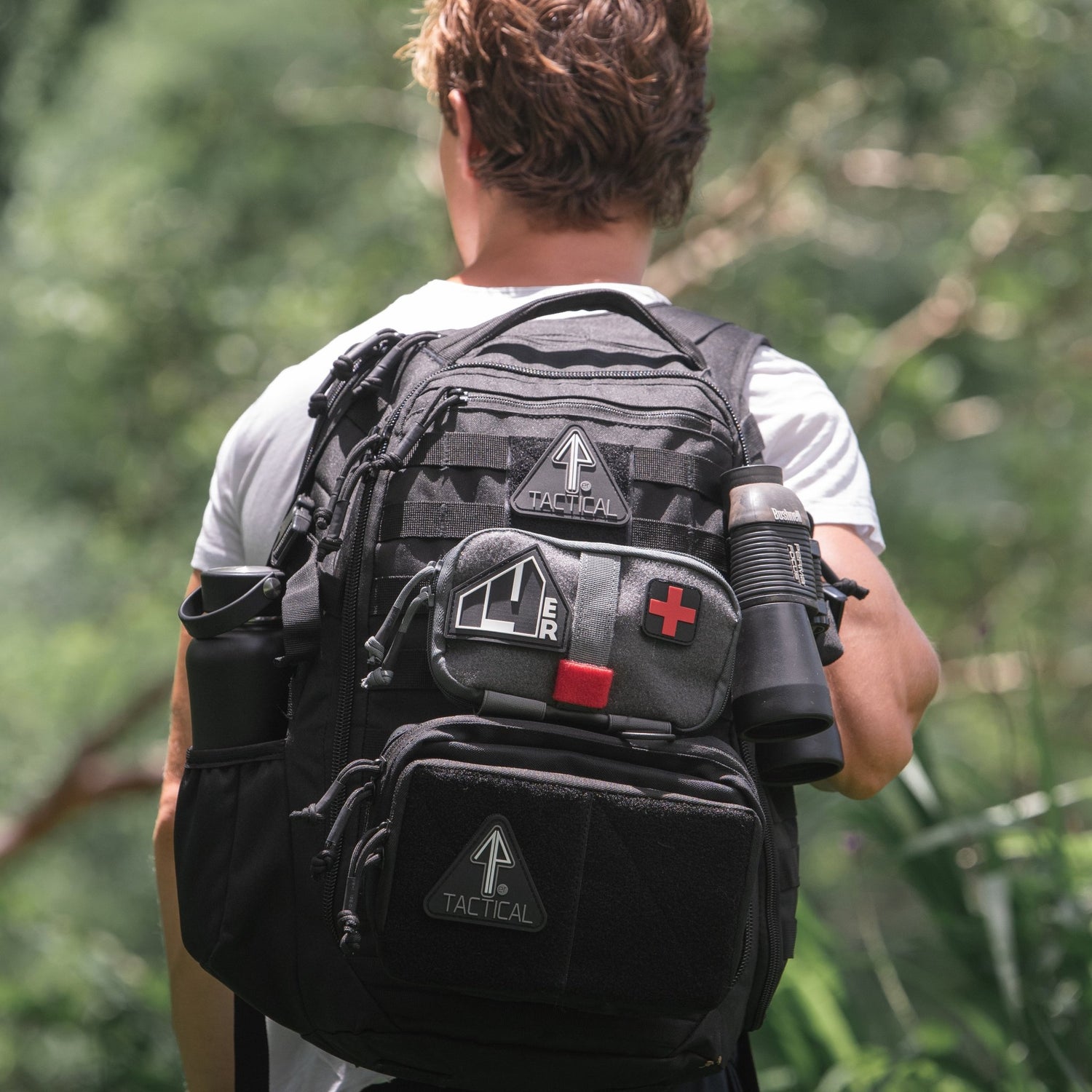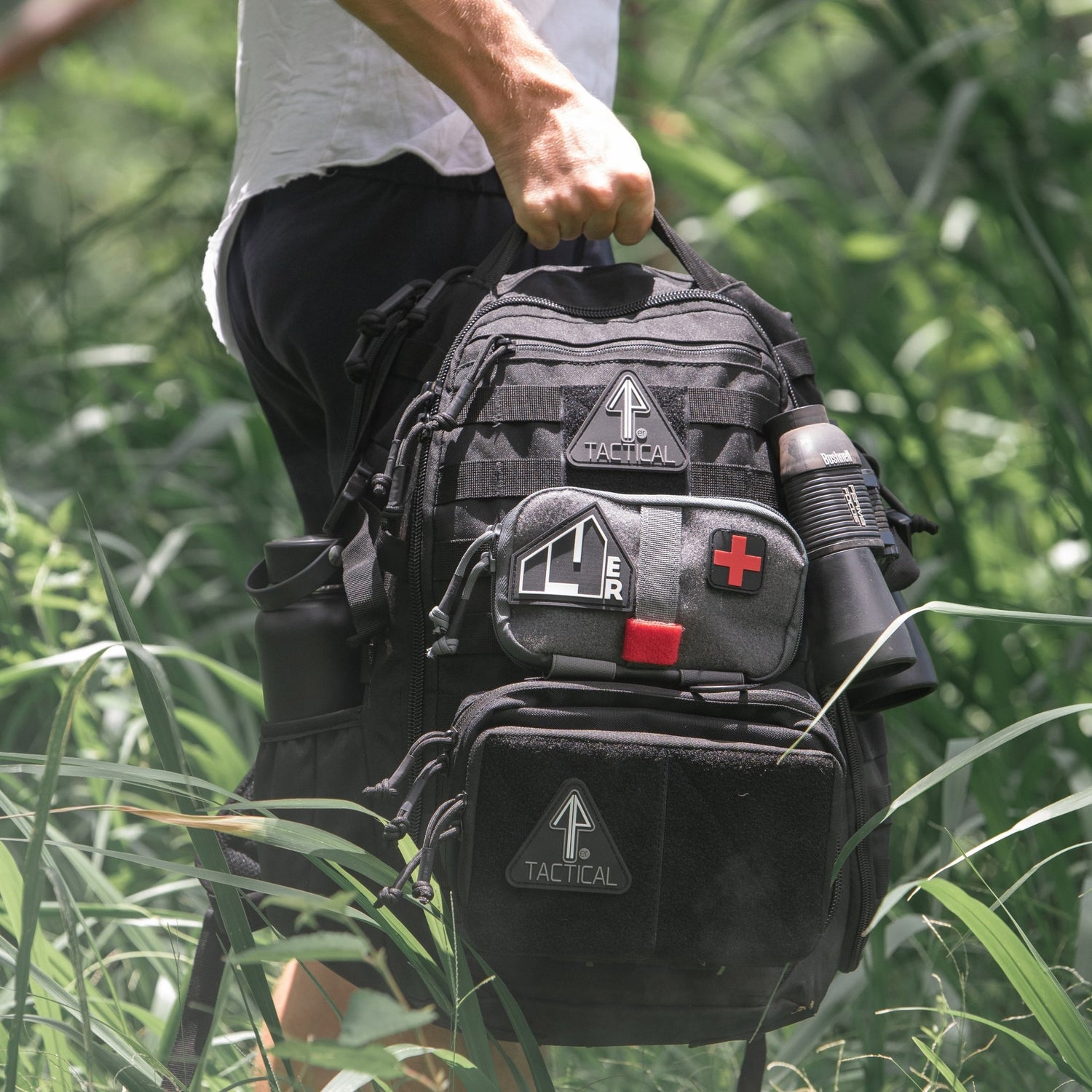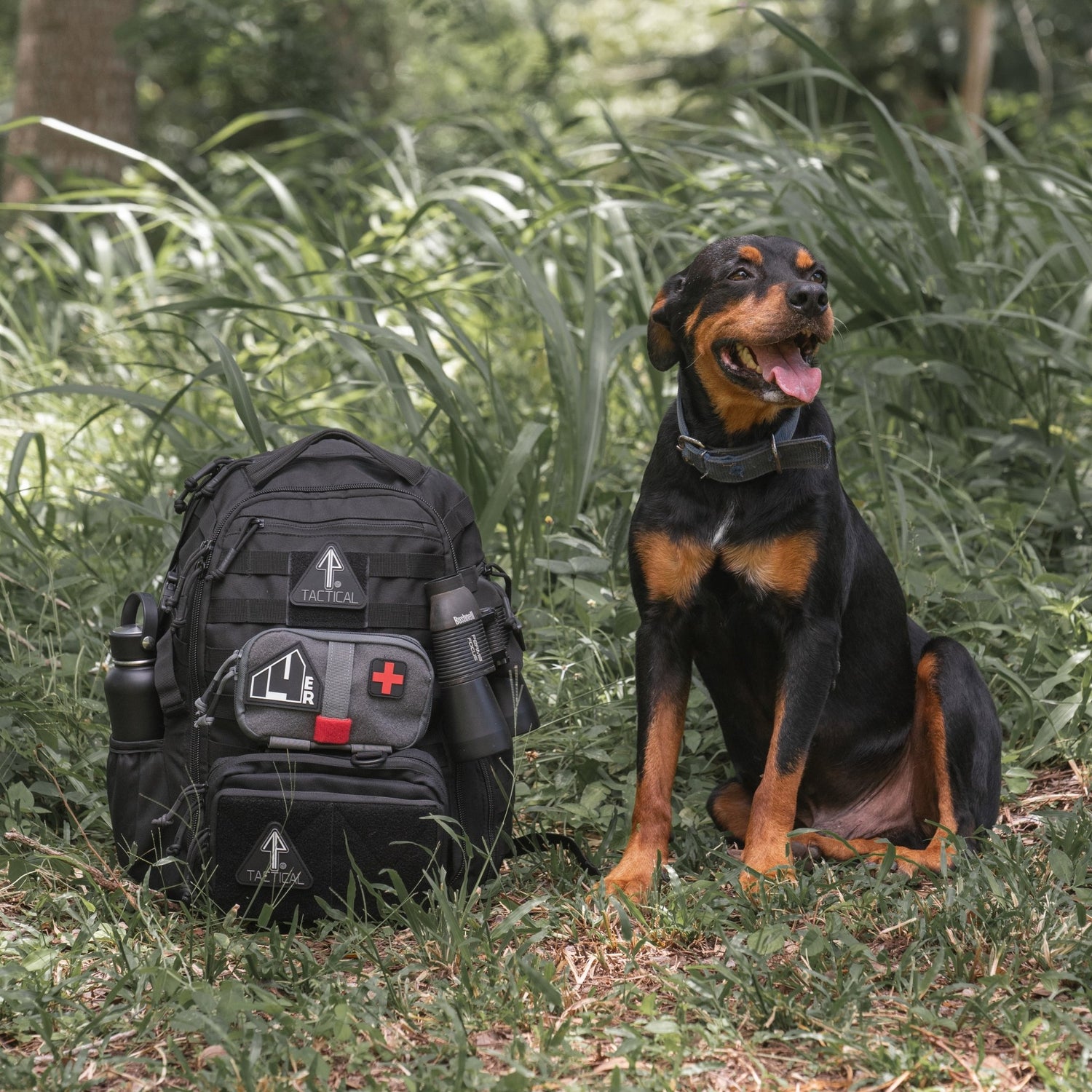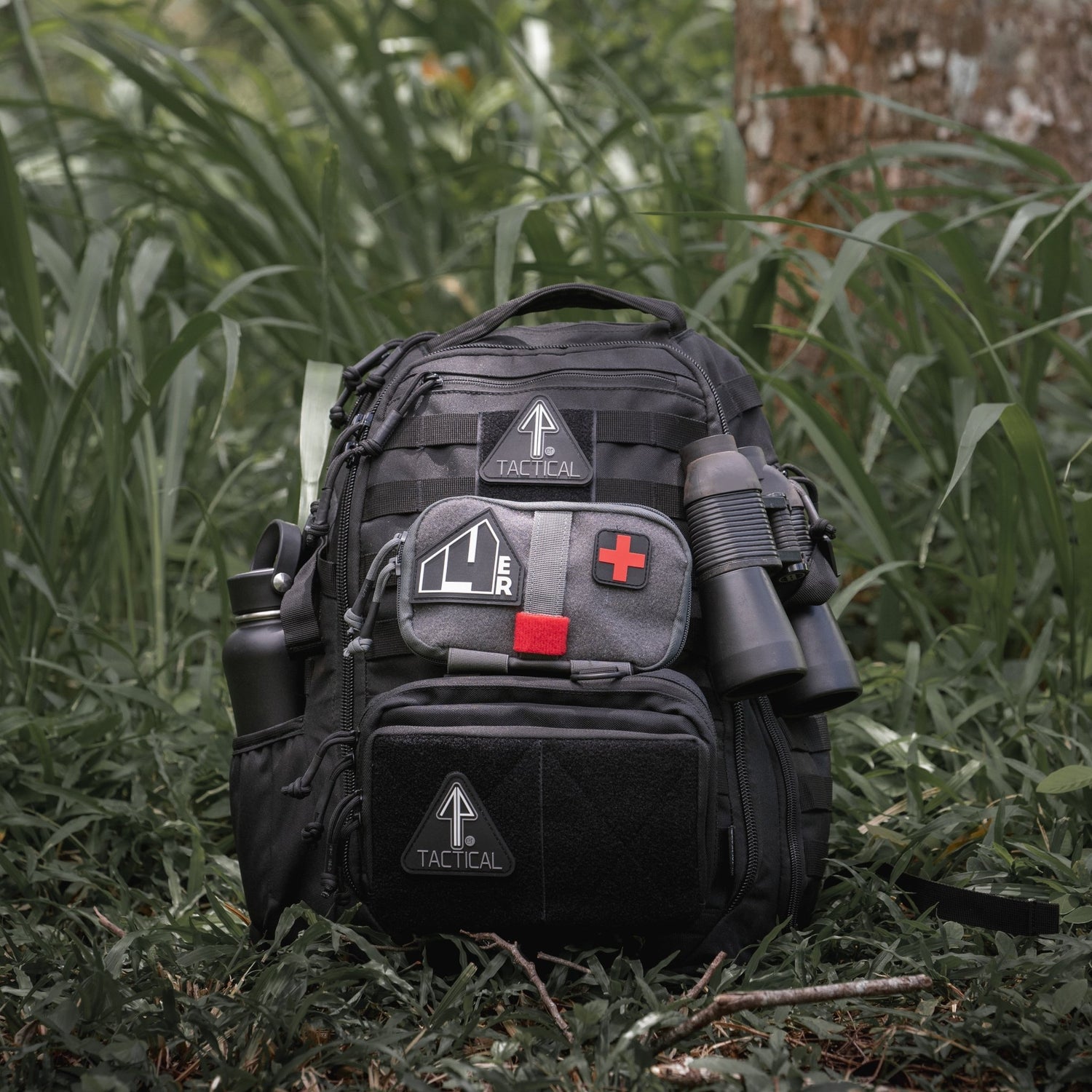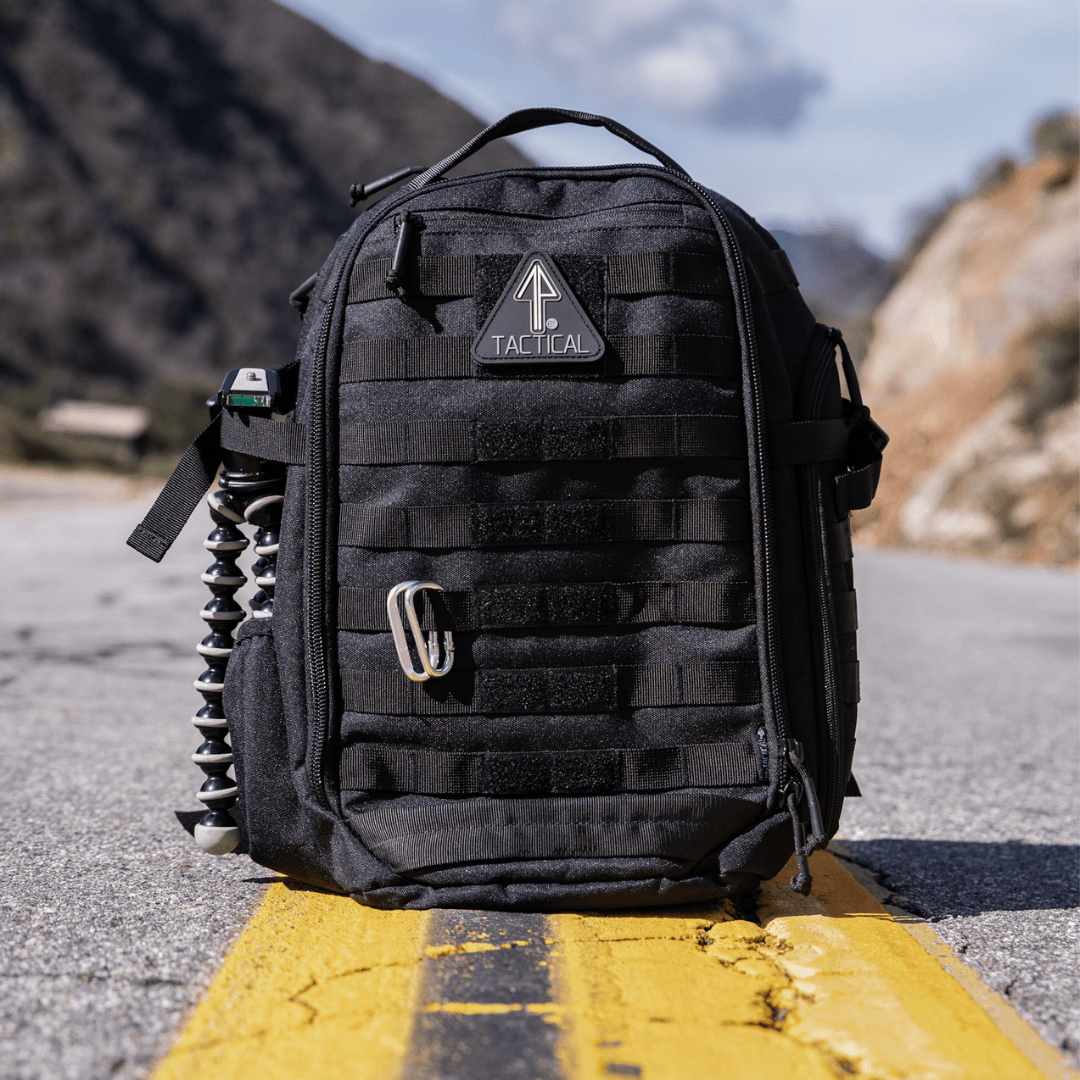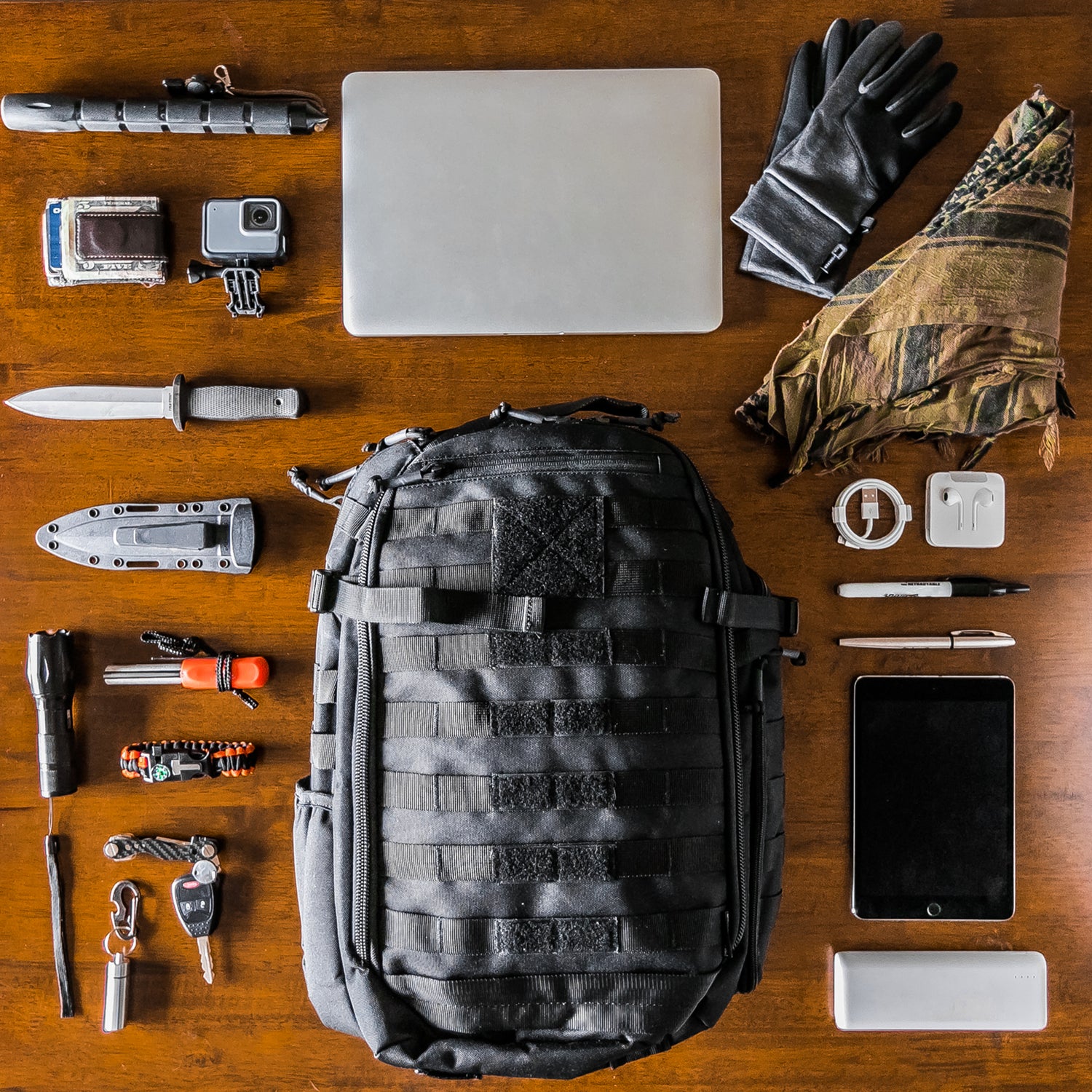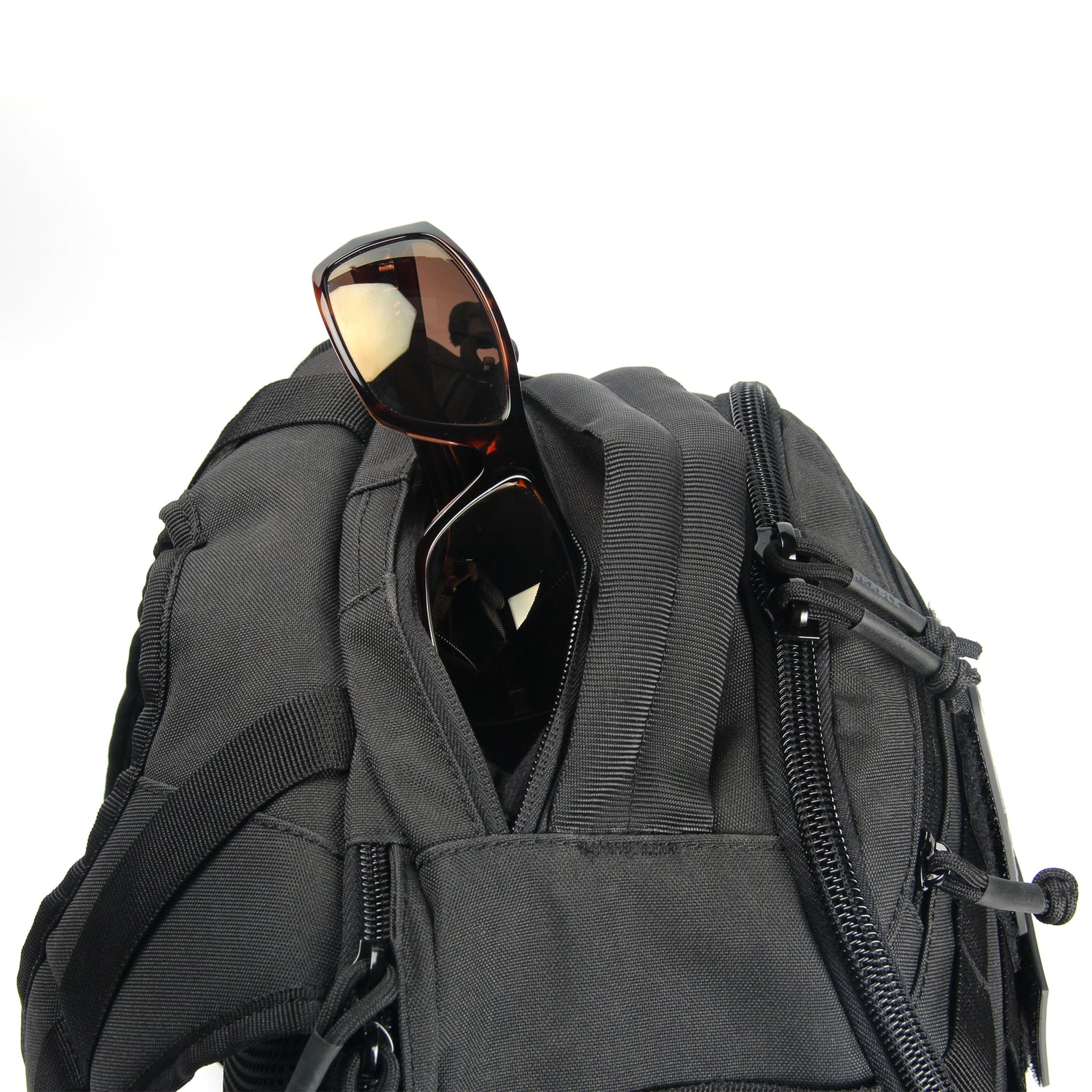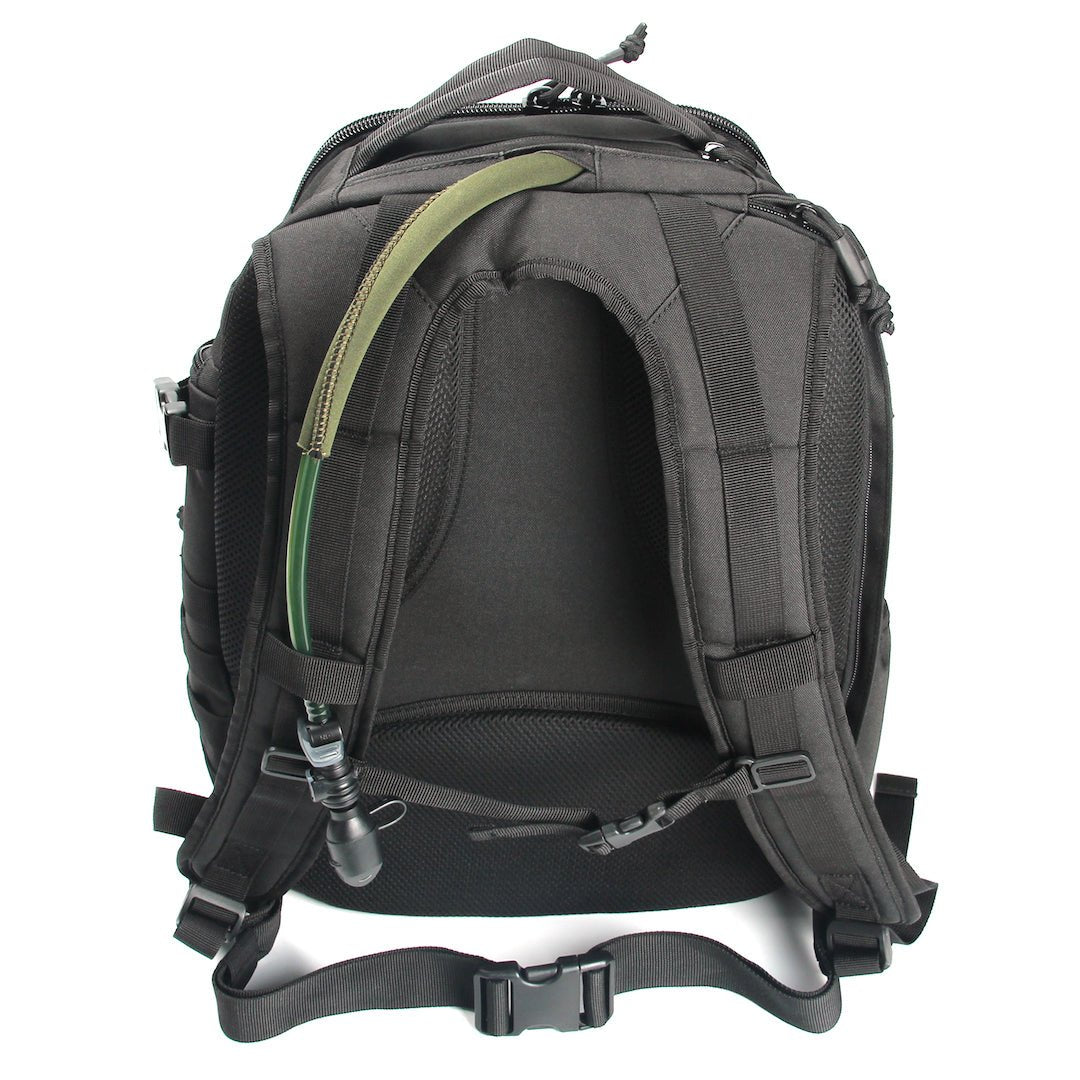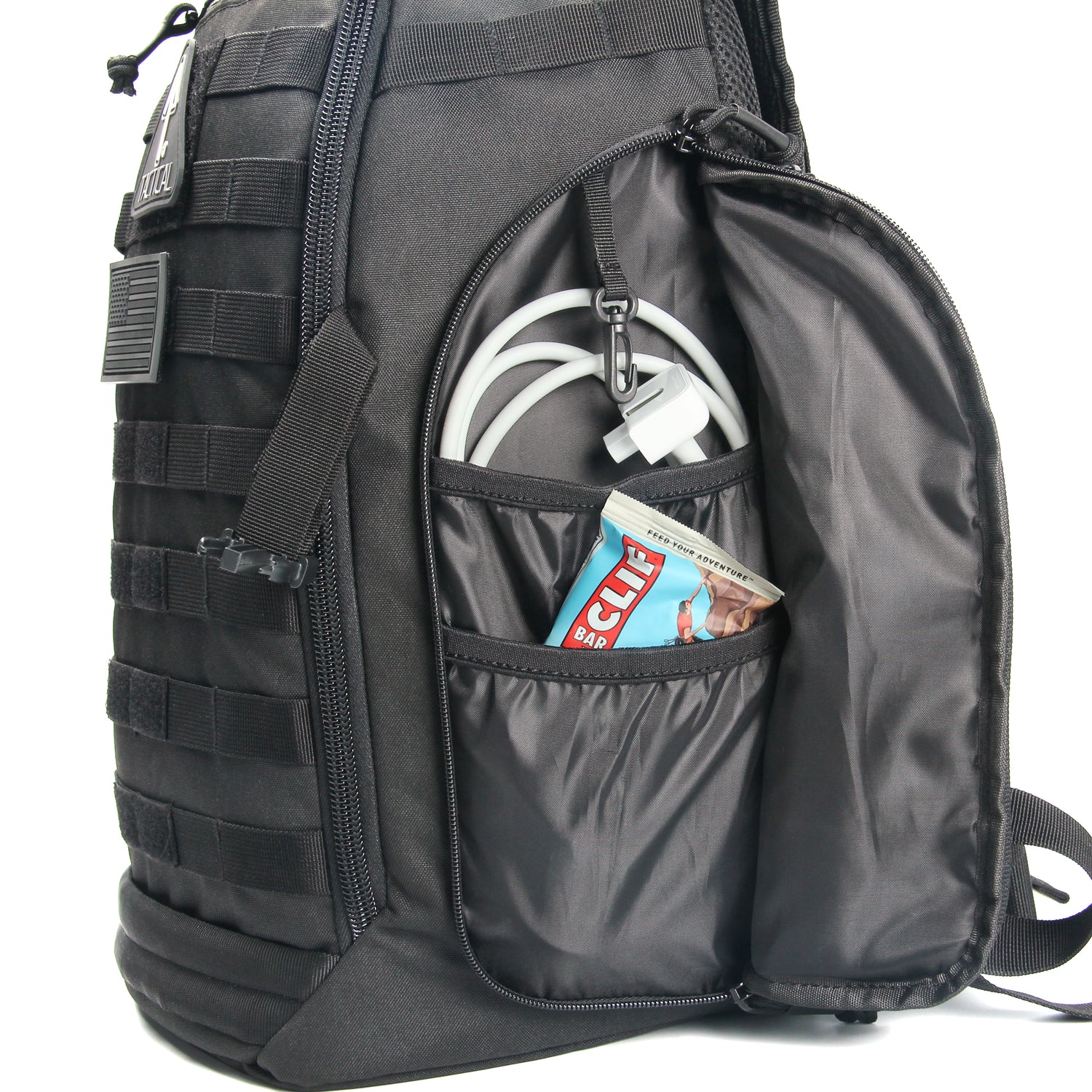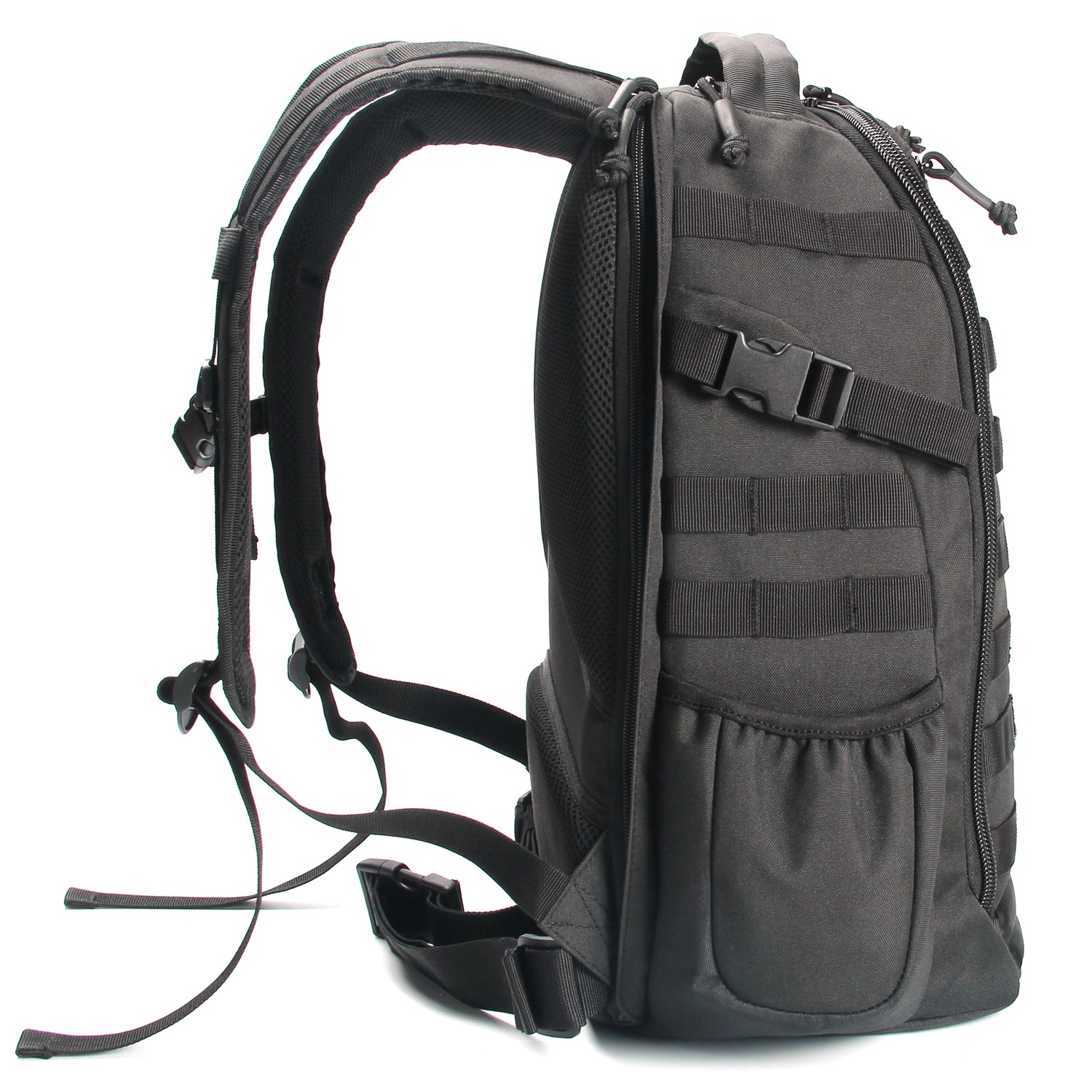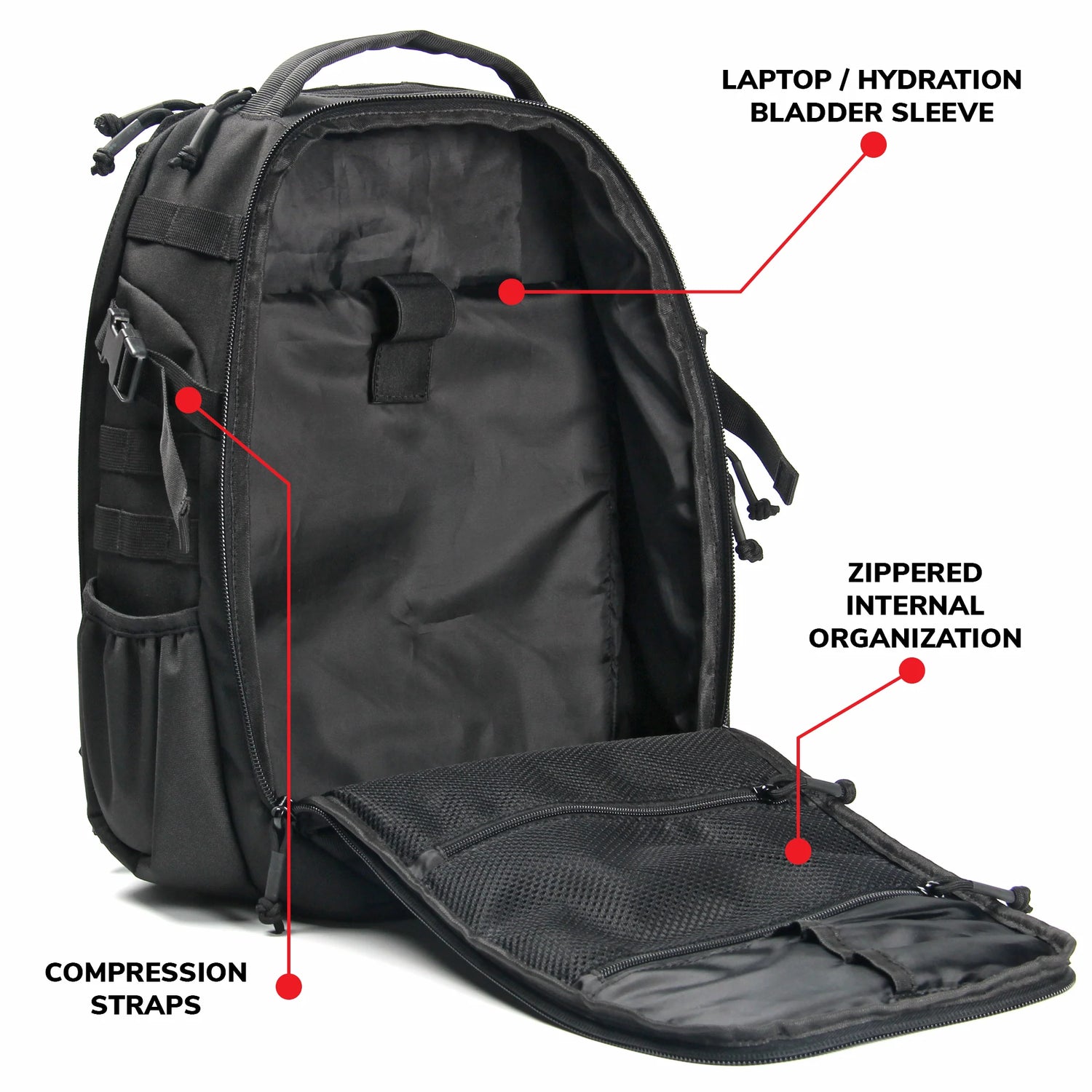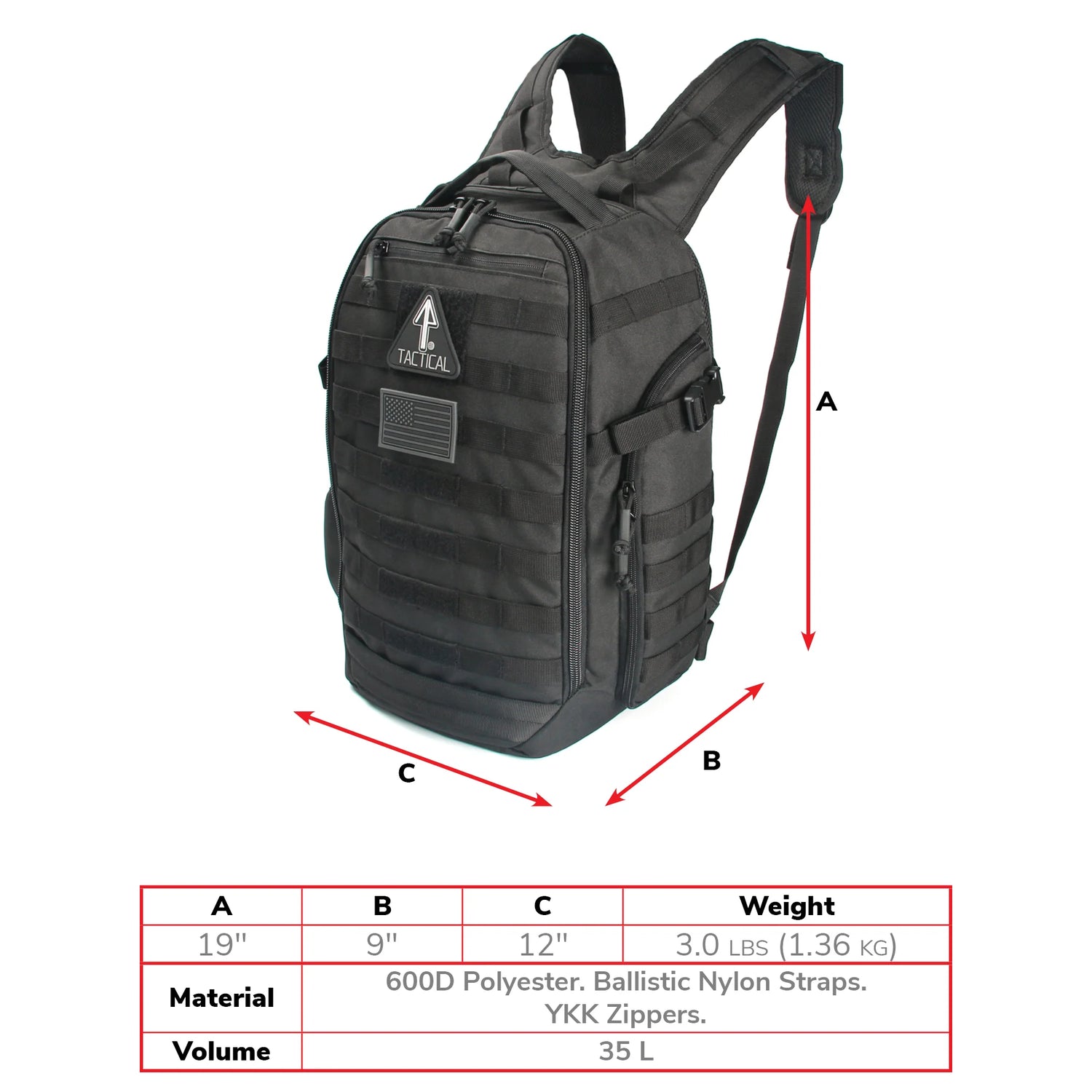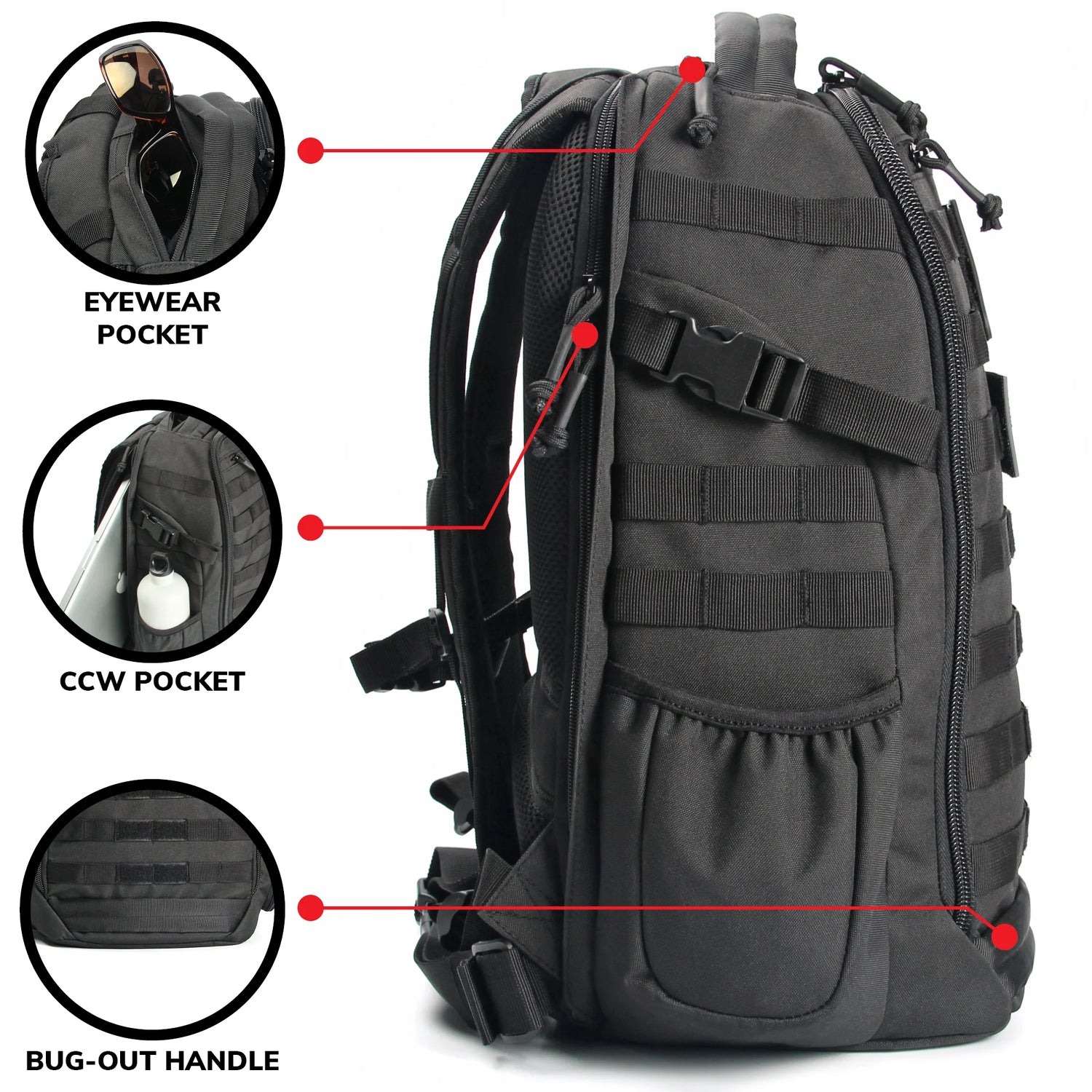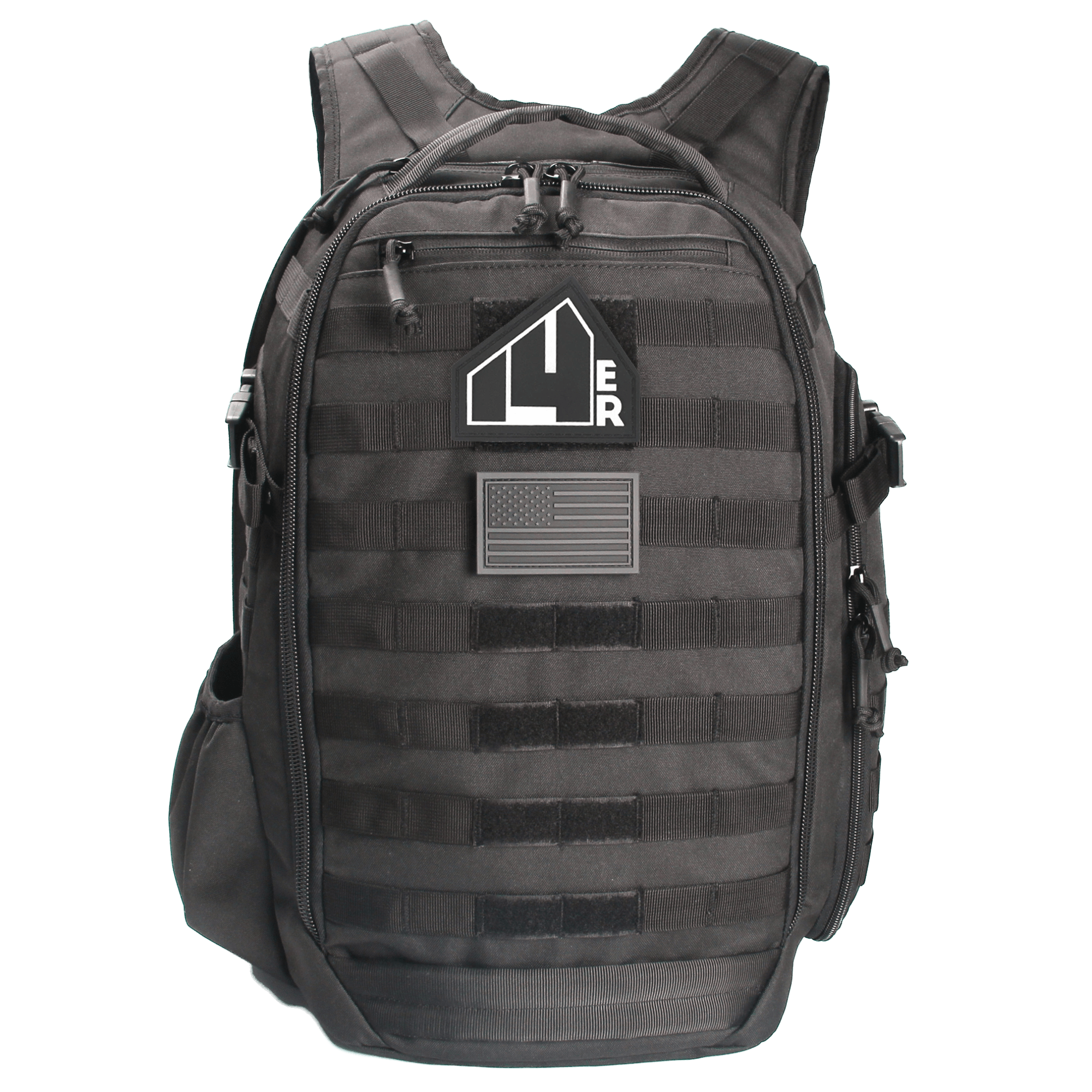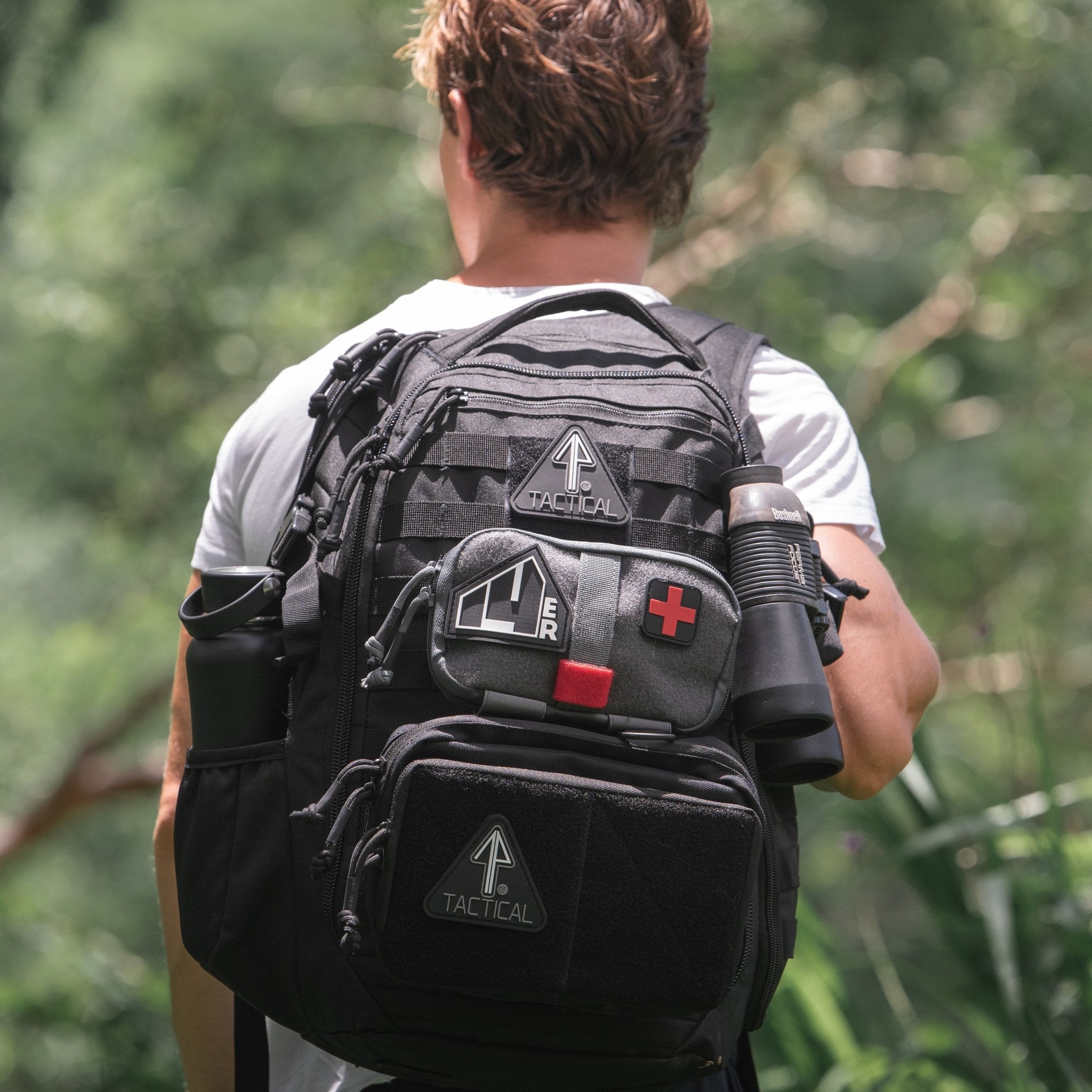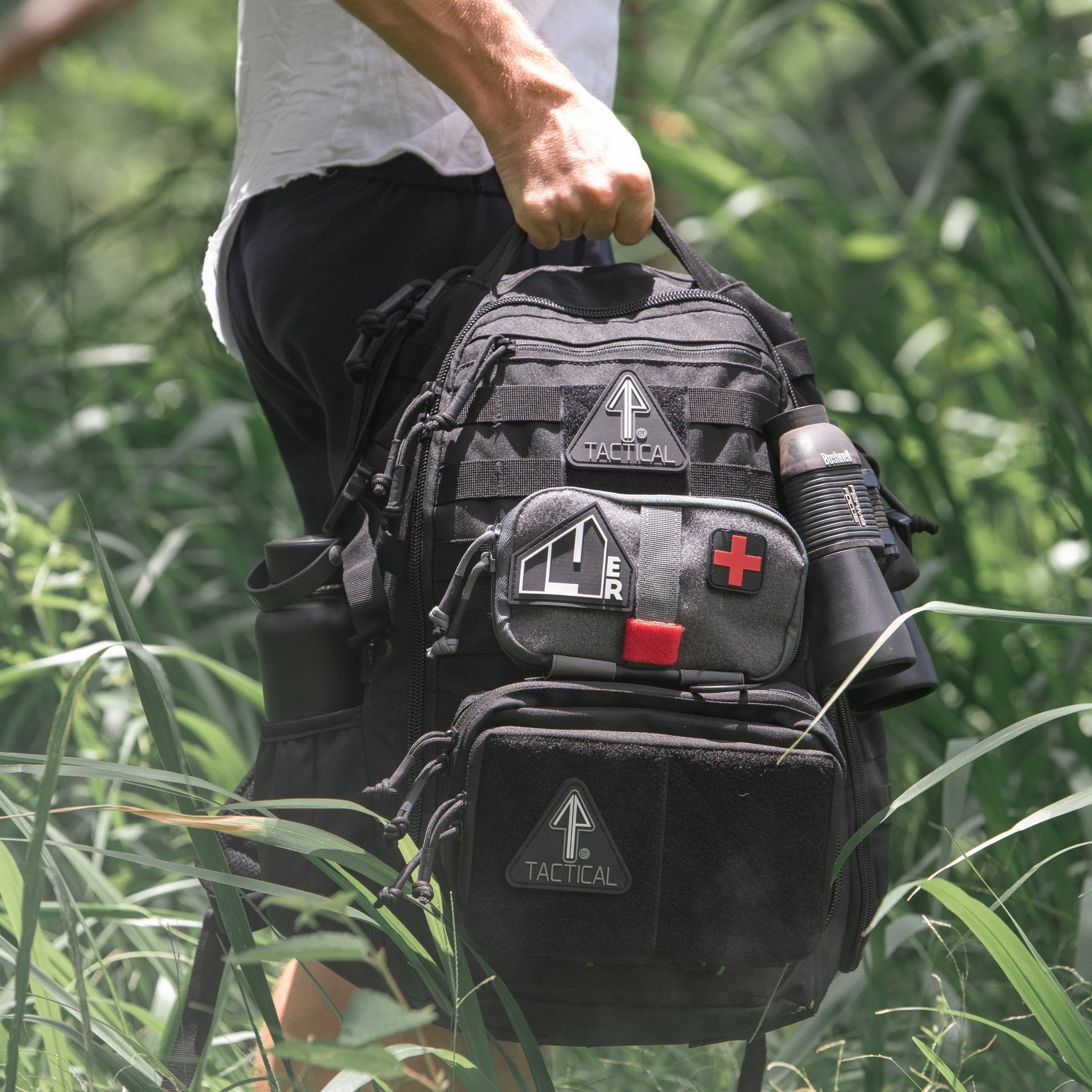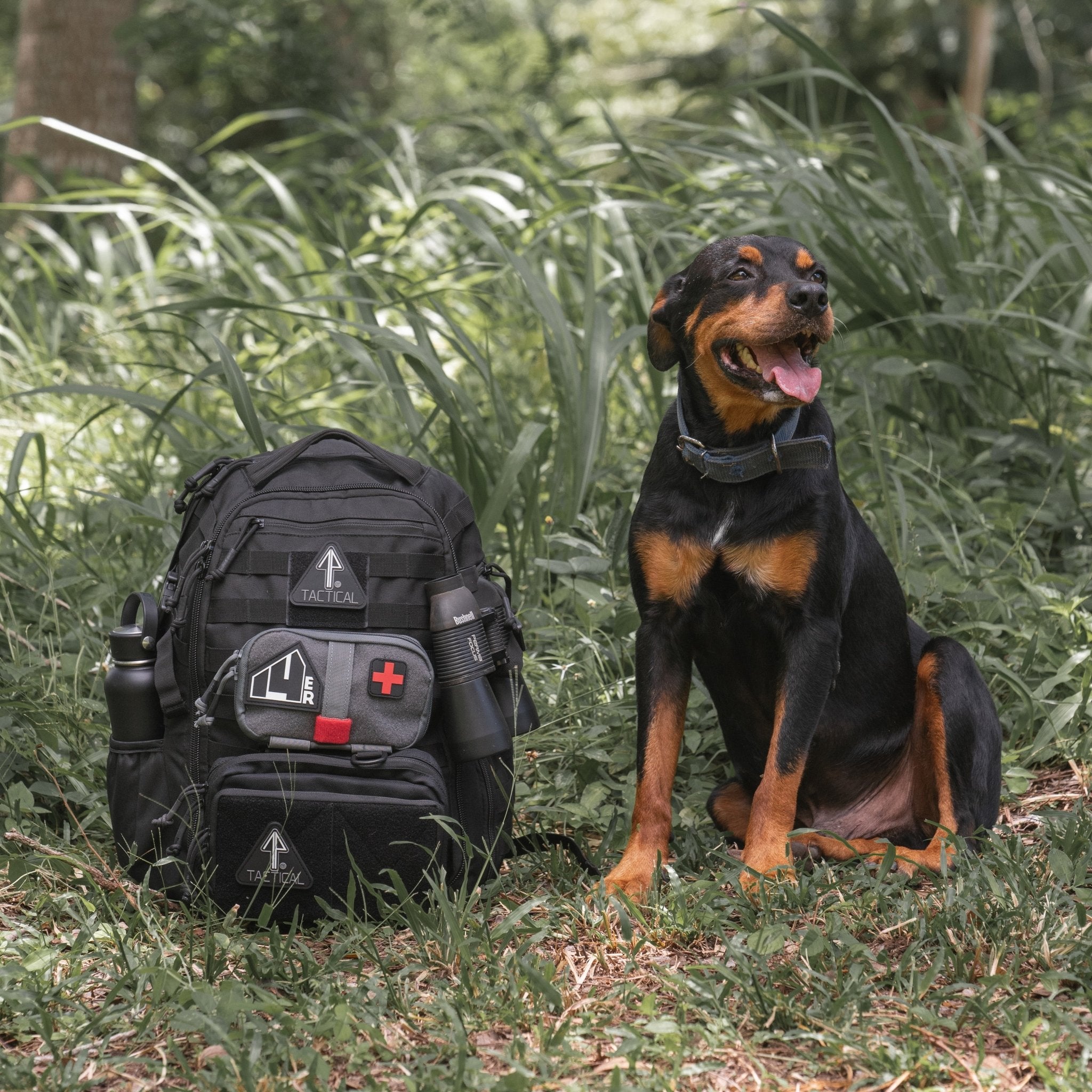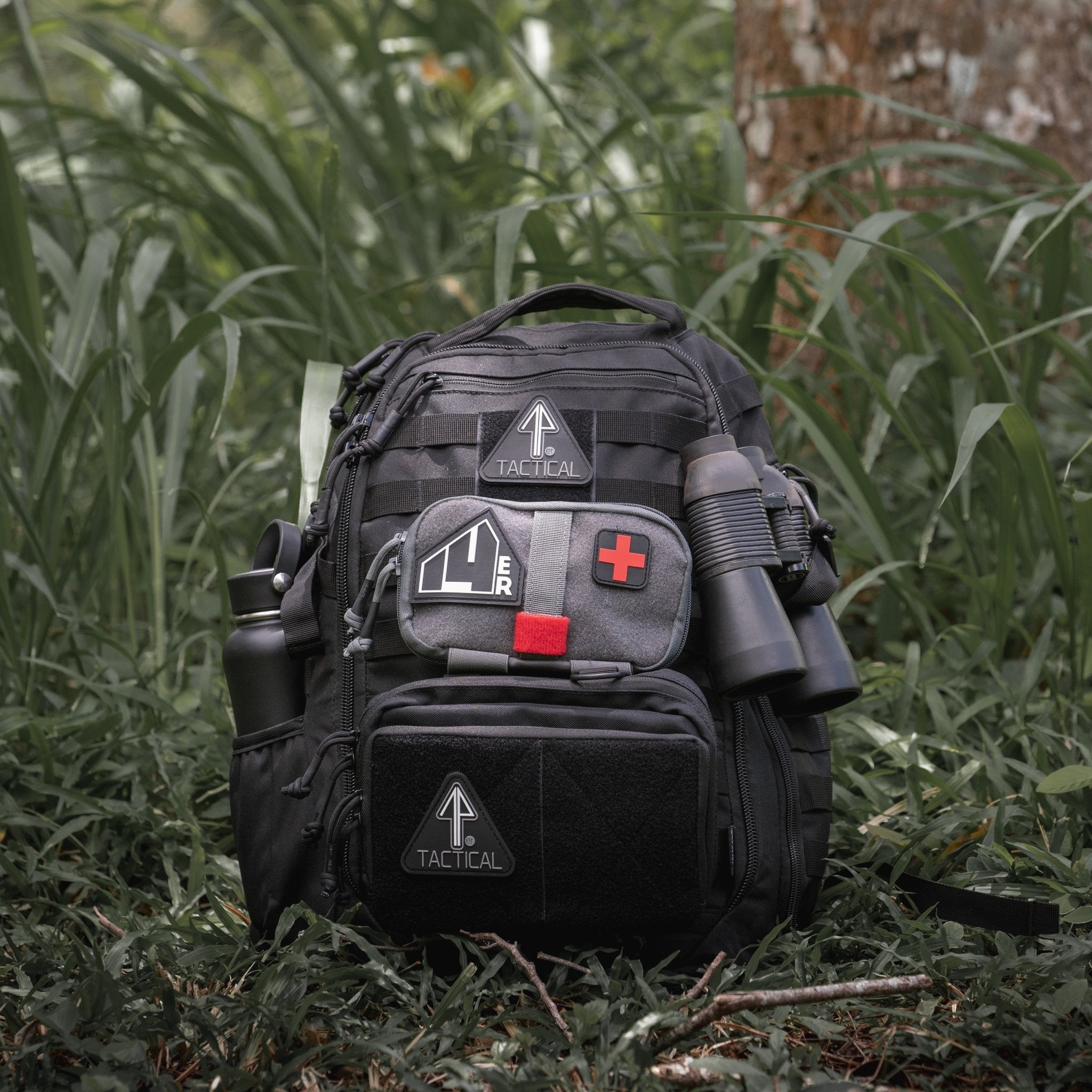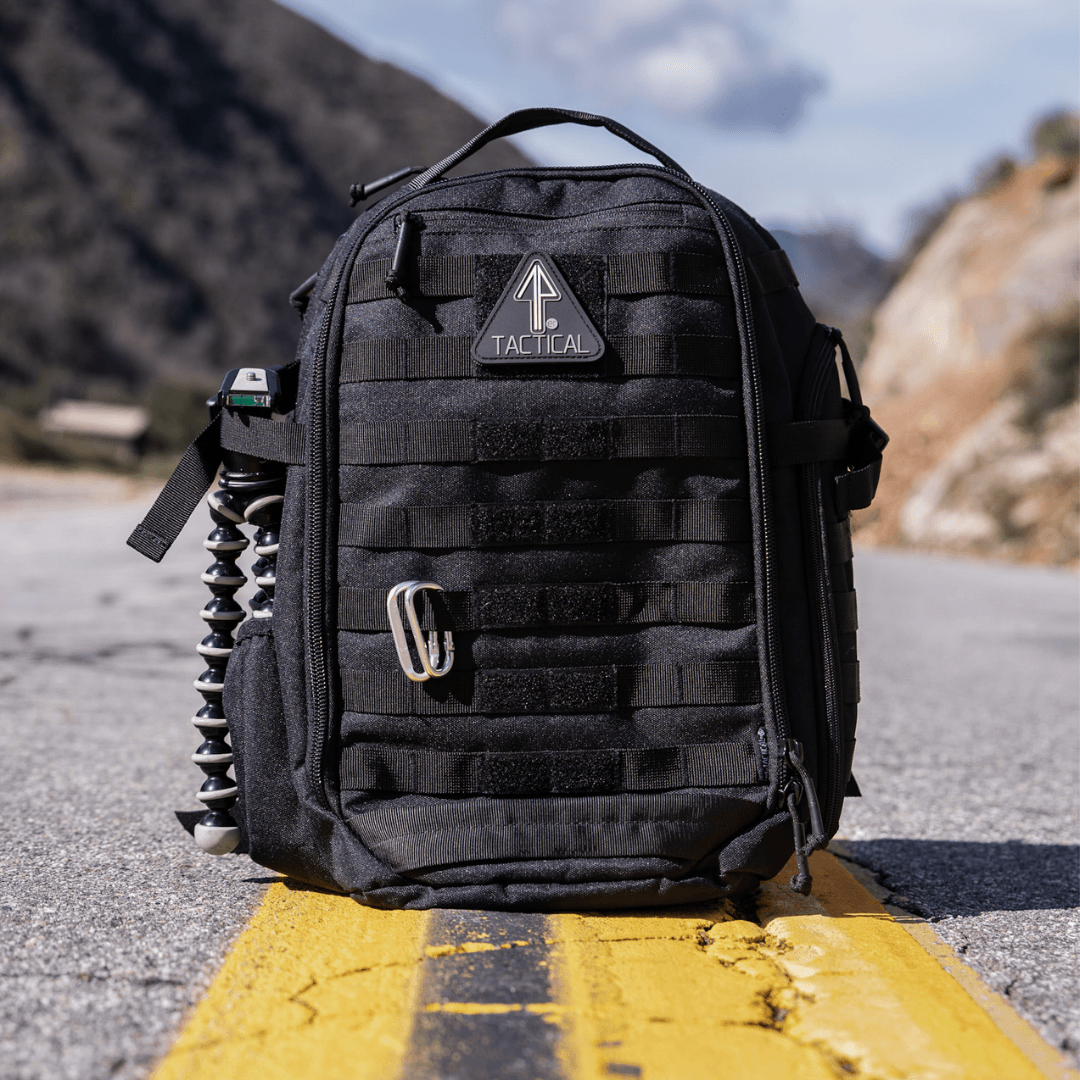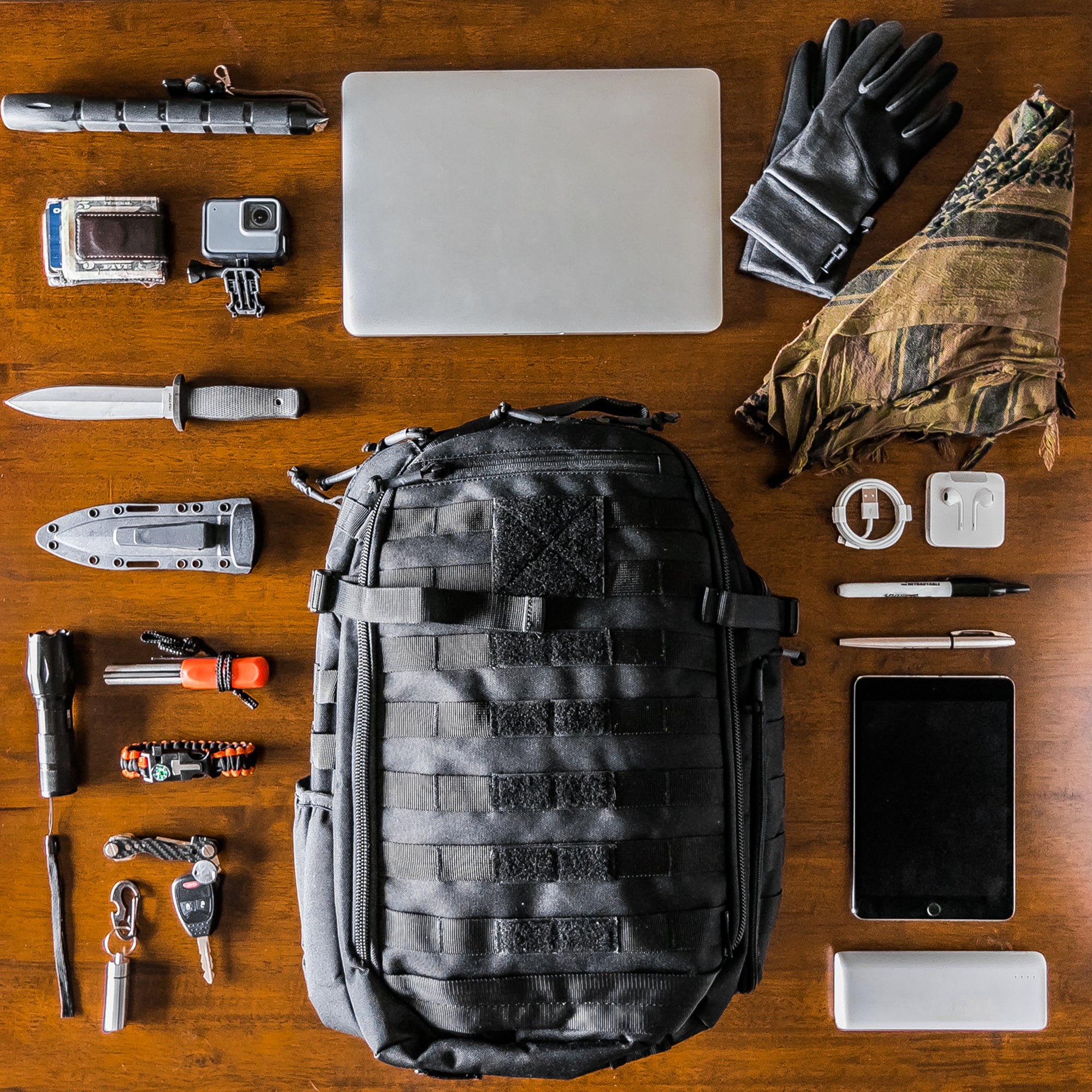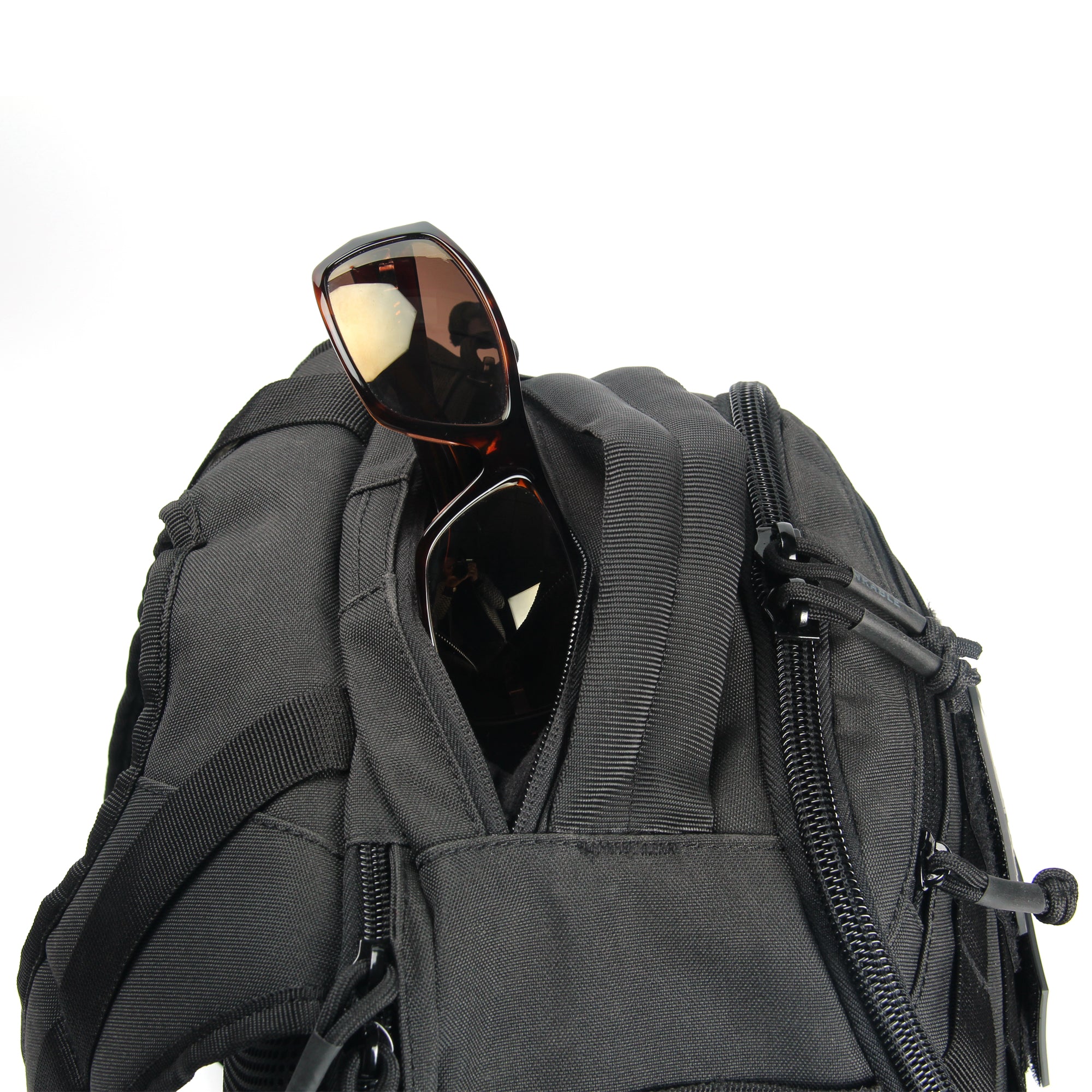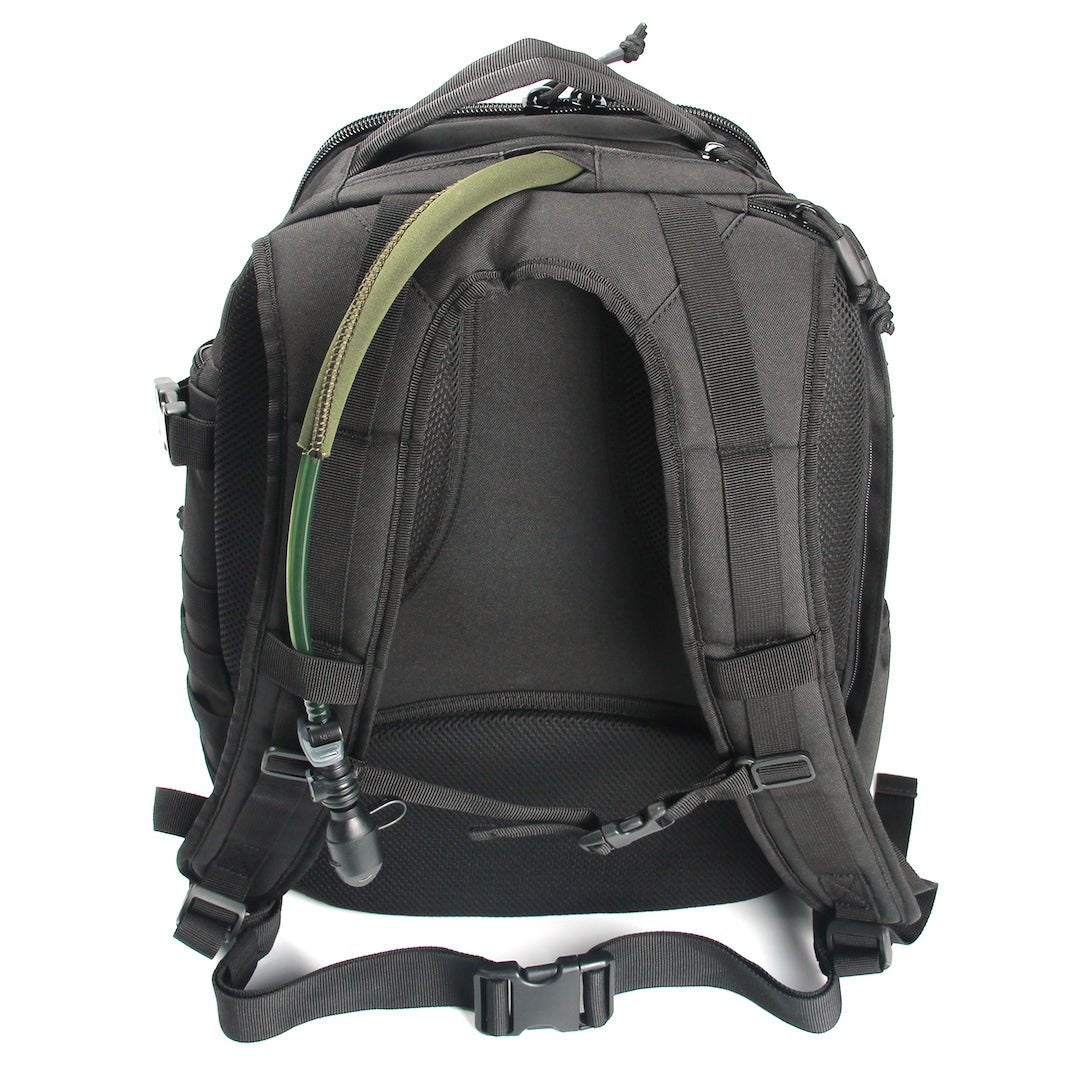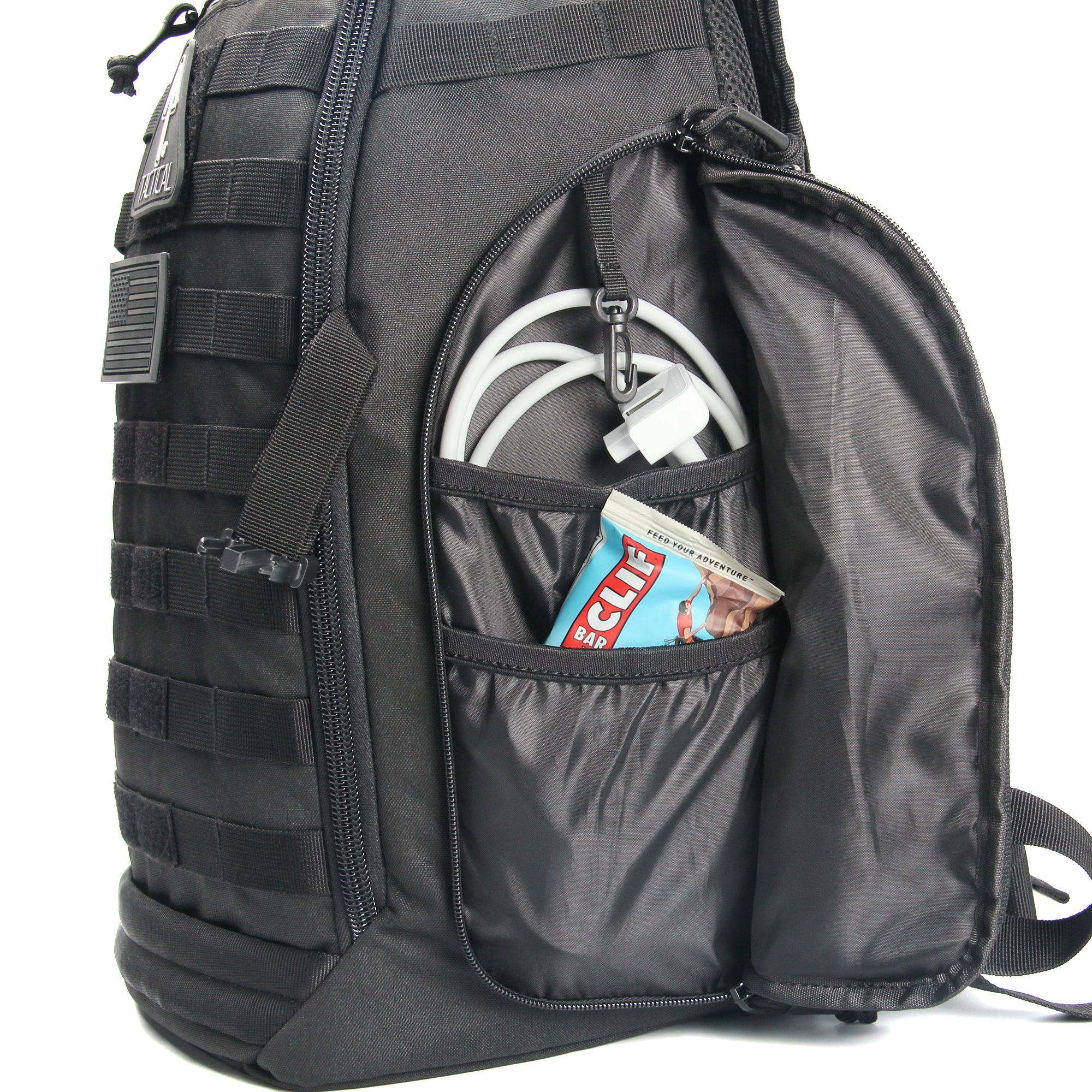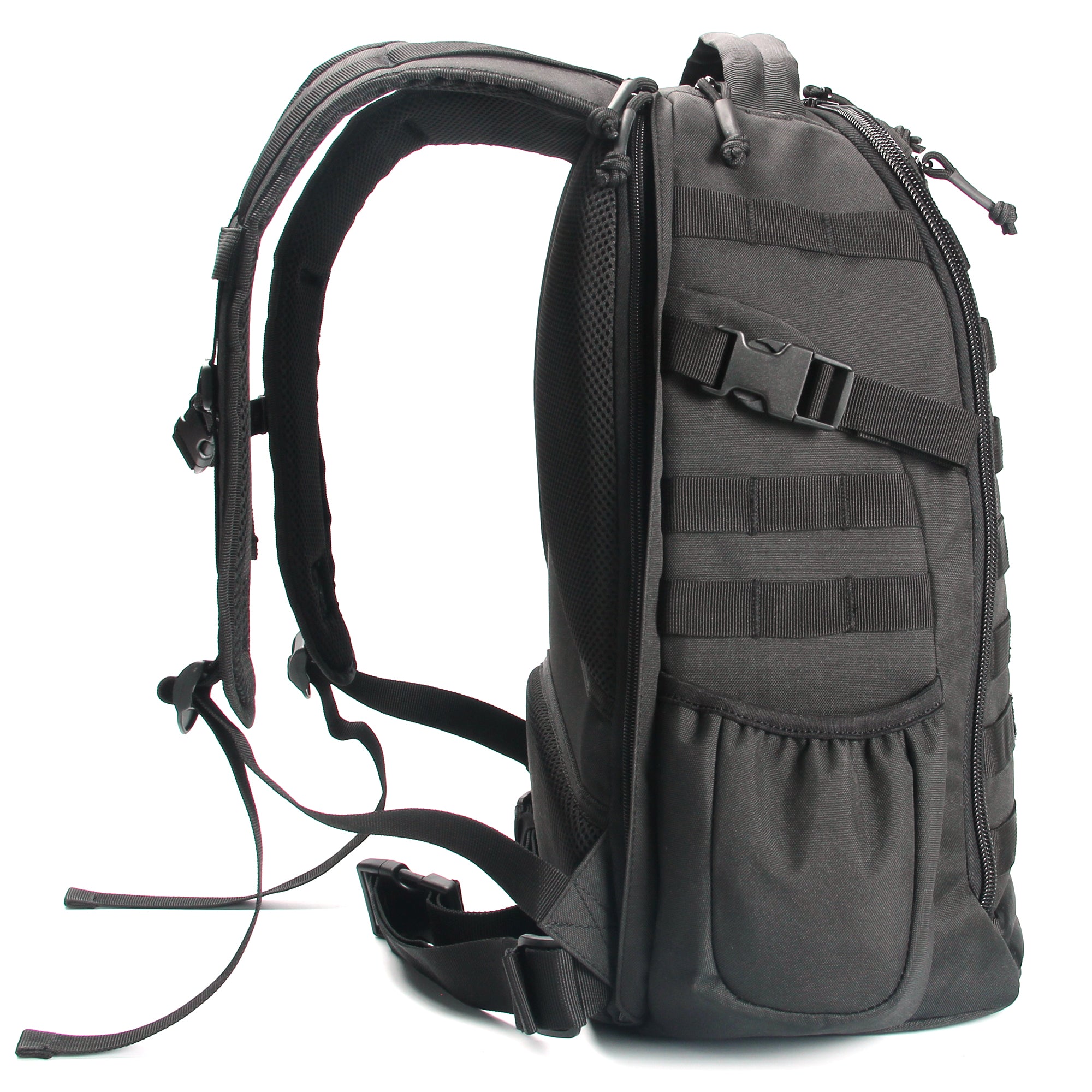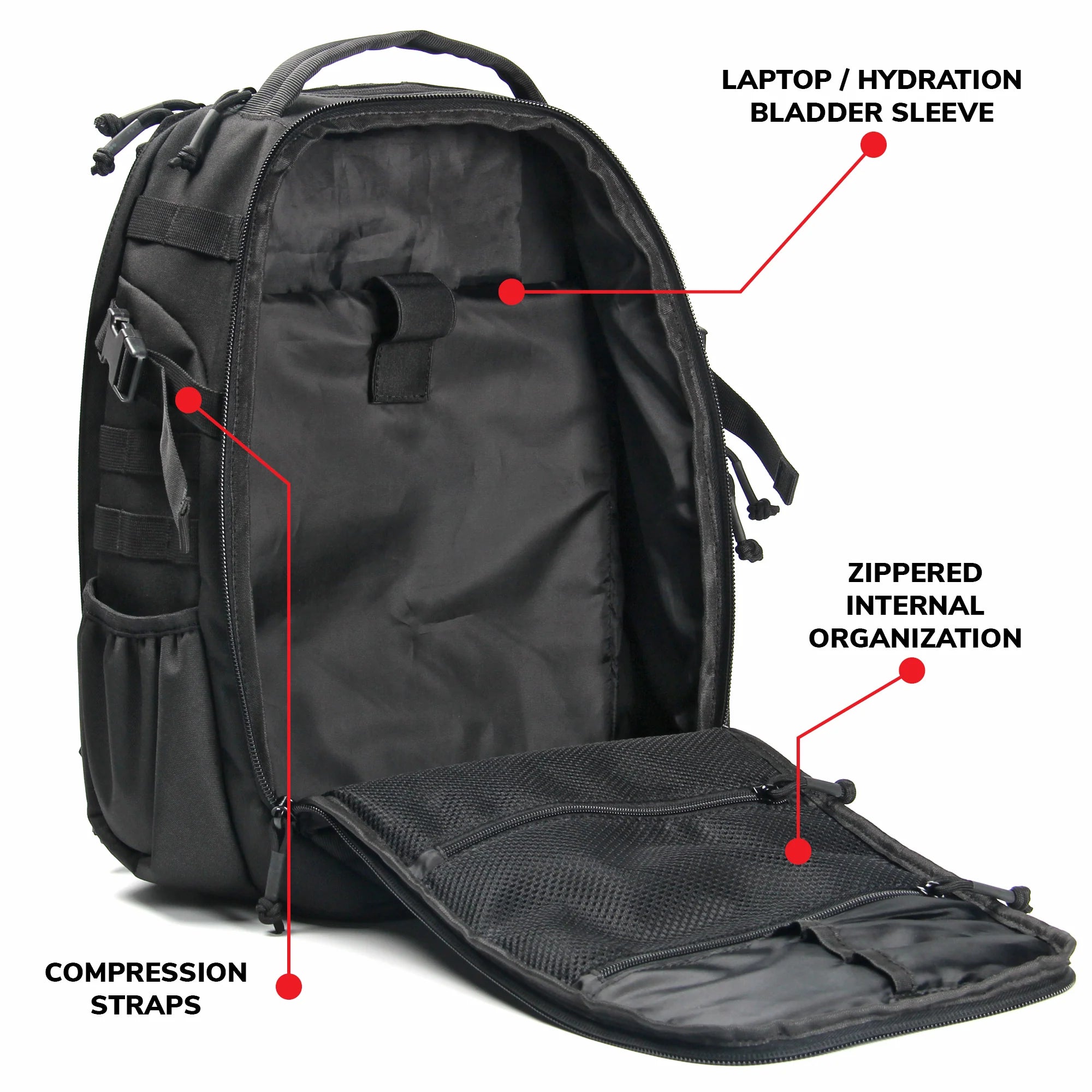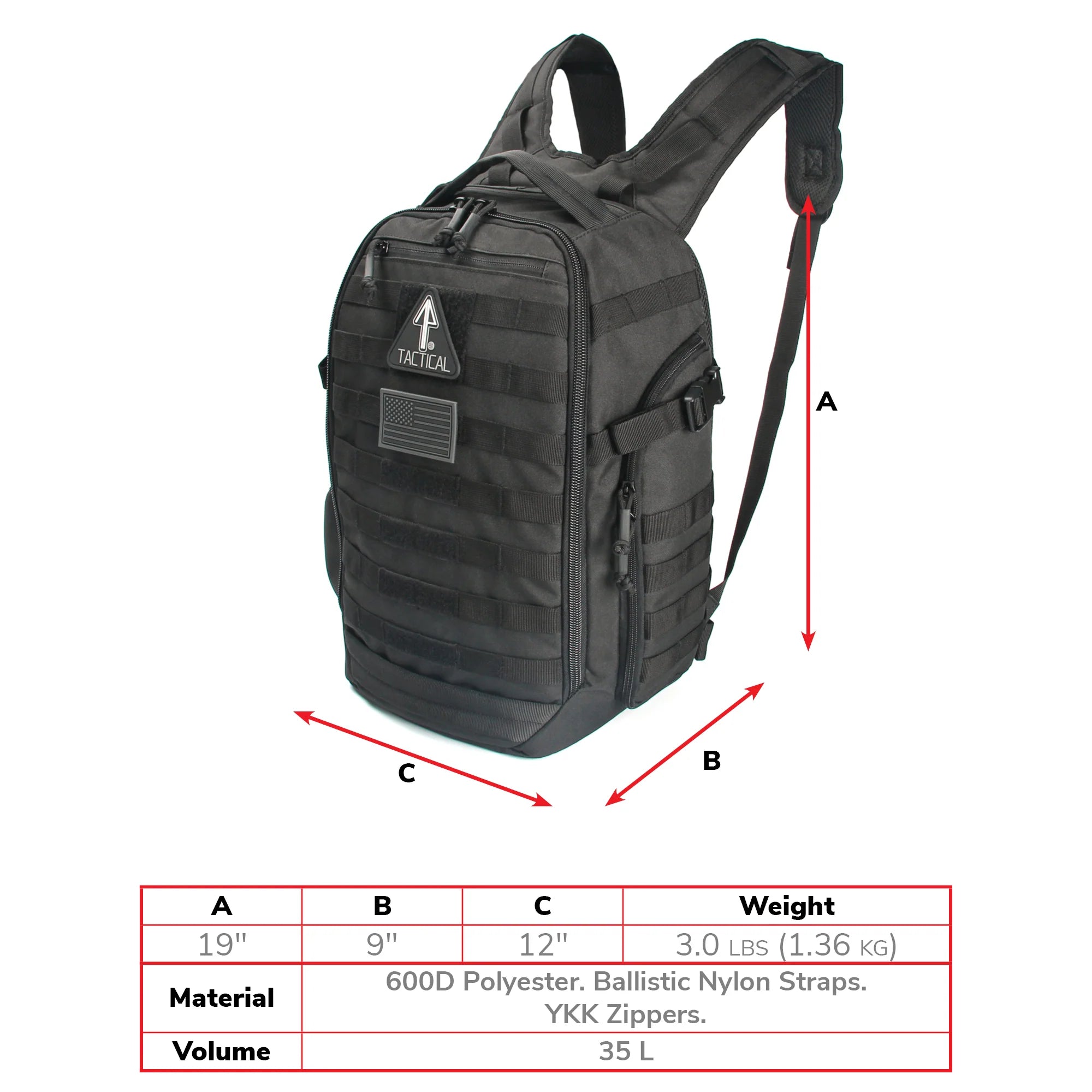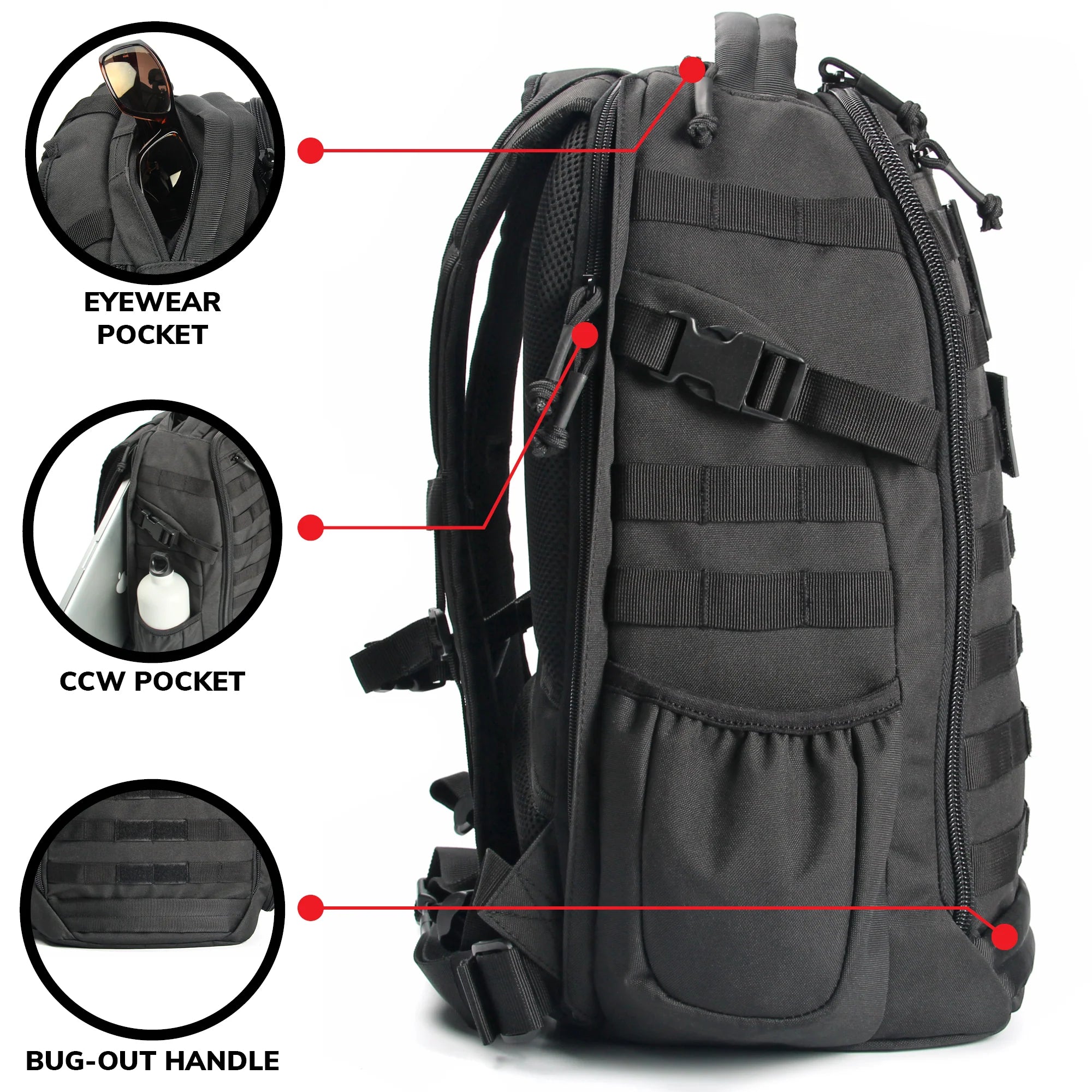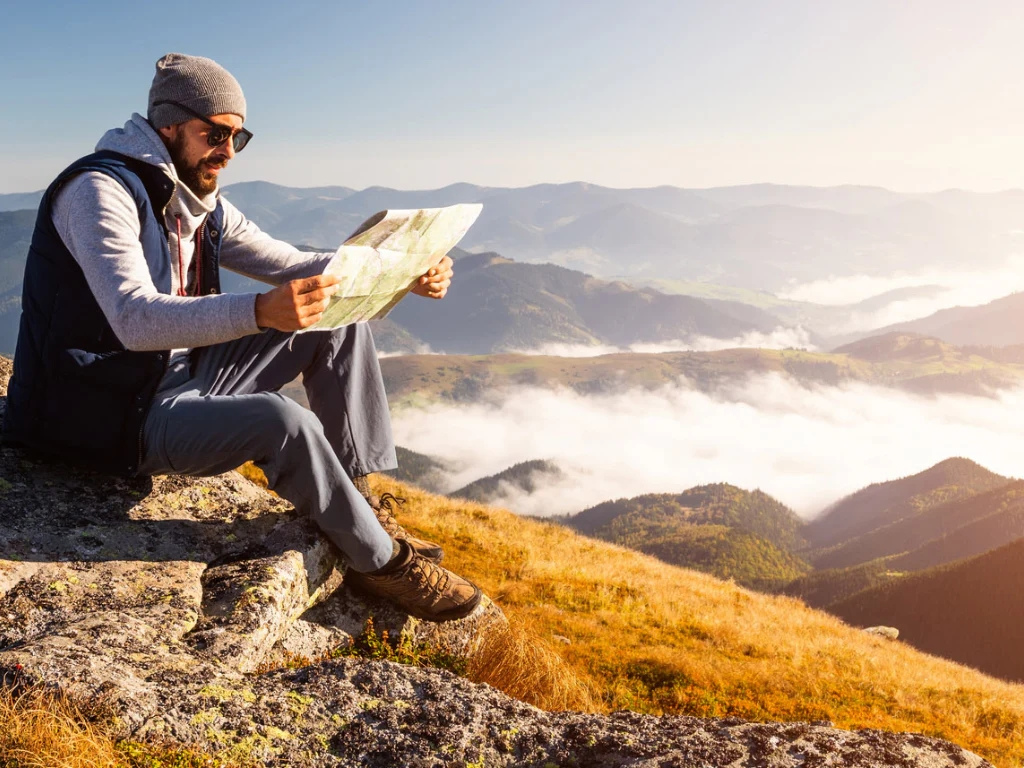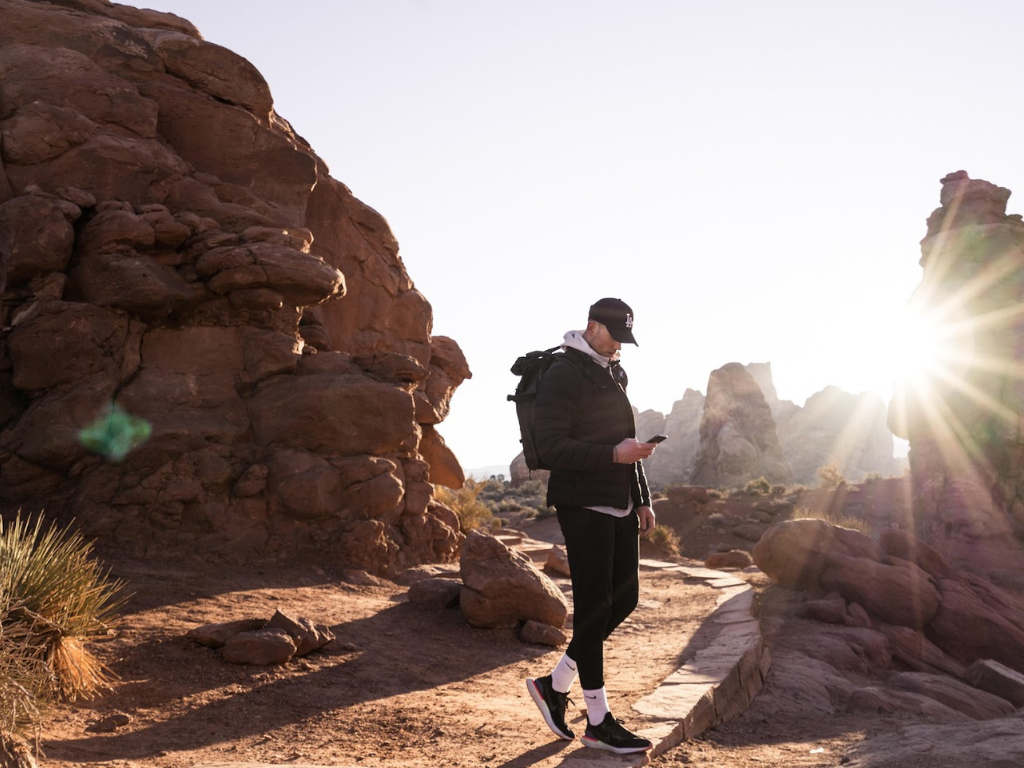
Summer is the perfect time to hit the trails and explore the great outdoors. The long days and warm weather offer ideal conditions for hiking, but they also come with unique challenges. Whether you're planning a day hike or a multi-day trek, being well-prepared can make your summer hiking adventure safe, enjoyable, and unforgettable. At 14er Tactical, we’re here to equip you with the best tips and gear to make the most of your July hiking adventures.
Stay Hydrated and Beat the Heat
Hydration is crucial when hiking in the summer heat. Always carry enough water and use hydration systems like CamelBak packs, which allow you to drink without stopping. For longer hikes, consider a portable water filter like the LifeStraw to safely drink from natural water sources. Electrolyte tablets or drinks can help replace the salts you lose through sweat. Wear light, breathable clothing made from moisture-wicking fabrics to stay cool and dry. A wide-brimmed hat and sunglasses will protect you from the sun, and applying a high-SPF sunscreen is a must to prevent sunburn.

Plan Your Hike Wisely
Plan your hike to avoid the peak heat of the day. Start early in the morning or late in the afternoon when temperatures are cooler. Choose shaded trails whenever possible and take frequent breaks to rest and cool down. Check the weather forecast and trail conditions before heading out, and be prepared to alter your plans if necessary. Inform someone about your hiking plans and expected return time, especially if you are hiking in remote areas.
Essential Summer Hiking Gear
Your summer hiking gear should be lightweight yet functional. A breathable, moisture-wicking shirt and quick-dry shorts or pants will keep you comfortable. The 14er Tactical Lightweight Hiking Pants are a great option, offering durability and flexibility. A well-ventilated hiking backpack with multiple compartments helps distribute weight evenly and keeps your gear organized. Don’t forget a quality pair of hiking boots or trail shoes that provide support and traction. Merino wool or synthetic socks can help prevent blisters by wicking moisture away from your feet.

Navigation and Safety
Proper navigation tools are essential for any hike. A GPS device or smartphone with offline maps is useful, but always carry a physical map and compass as a backup. Learn how to read topographic maps and use a compass to navigate. Carry a basic first aid kit that includes bandages, antiseptic wipes, pain relievers, and any personal medications. A lightweight emergency shelter, like a bivy sack or emergency blanket, can provide protection if you need to spend an unexpected night outdoors. A multi-tool and a small roll of duct tape can be handy for quick repairs.
Protect Yourself from Insects and Wildlife
Summer hikes often mean dealing with insects and potential wildlife encounters. Apply insect repellent to protect yourself from mosquitoes and ticks. Wearing long sleeves and pants can also help minimize bites. Be aware of your surroundings and make noise as you hike to avoid surprising wildlife. Carry bear spray if you're hiking in bear country, and know how to use it. Store food and scented items in bear-proof containers or hang them away from your campsite.
Food and Nutrition
Pack plenty of high-energy snacks to keep you fueled during your hike. Trail mix, energy bars, dried fruit, and nuts are excellent choices. For longer hikes, consider lightweight, dehydrated meals that only require water to prepare. Avoid heavy, perishable foods that can spoil in the heat. Eating small, frequent meals helps maintain your energy levels and prevents fatigue.
Leave No Trace
Respect nature by following the Leave No Trace principles. Carry out all trash, including food wrappers and organic waste like apple cores or banana peels. Stay on designated trails to protect fragile ecosystems and avoid trampling plants. Use established campsites and fire rings when available, and be mindful of fire regulations and bans. If you must use the bathroom, do so at least 200 feet away from water sources and bury waste properly.
Mental Preparedness and Enjoyment
Hiking in the summer can be physically demanding, so it's important to pace yourself and listen to your body. Take time to enjoy the scenery, photograph beautiful vistas, and appreciate the wildlife you encounter. Hiking is not just a physical challenge but also a mental one. Stay positive, keep a steady pace, and enjoy the journey as much as the destination.



